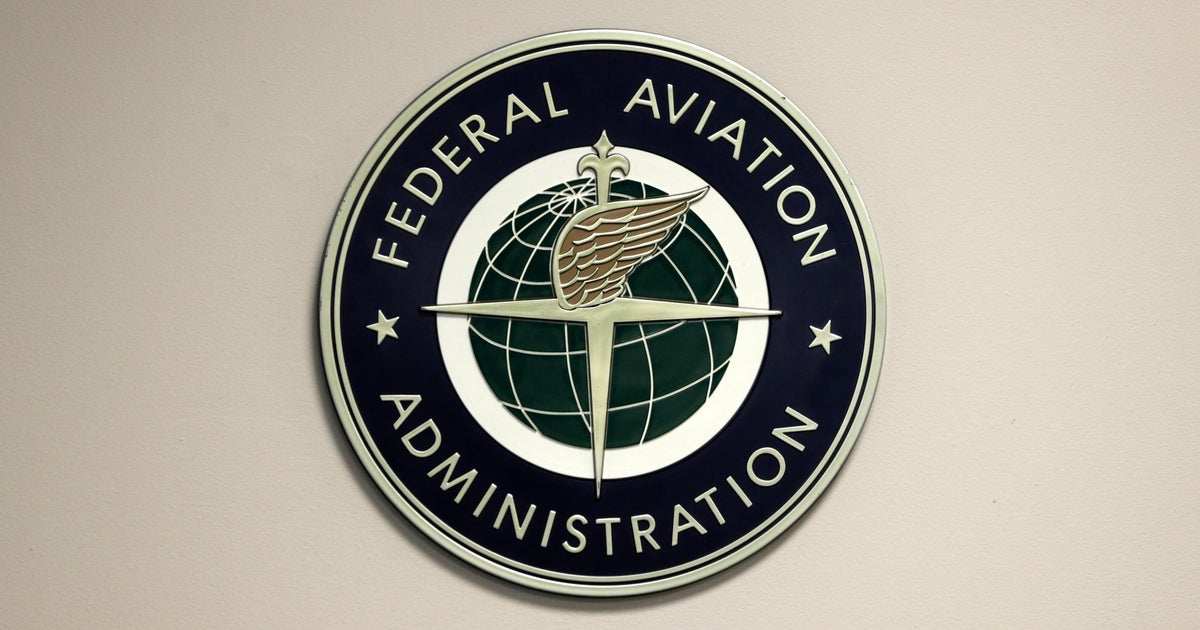U.S. jets intercept Russian warplanes near Alaska for the second time this week
American warplanes intercepted Russian military aircraft near the state of Alaska for the second time this week, the joint U.S.-Canadian North American Aerospace Defense Command (NORAD) said Thursday.
The "routine" intercept of the four Russian planes — which included Tu-95 bomber and Su-30 and Su-35 fighter aircraft — took place on Tuesday, NORAD said in a statement.
"Russian aircraft remained in international airspace and did not enter American or Canadian sovereign airspace," it said.
This was the second intercept — when an aircraft makes visual or electronic contact with another plane — in two days, with the first taking place on Monday.
"NORAD... assesses that this Russian flight activity is in no way related to recent NORAD and U.S. Northern Command operations associated with airborne objects over North America during the last two weeks," it added.
U.S. aircraft shot down an alleged Chinese spy balloon and three unidentified objects this month — rare offensive action for warplanes stationed in North America. The objects shot down included a "high-altitude object" over Alaska airspace.
U.S. officials said Tuesday that intelligence officials were tracking the spy balloon that was shot down since it lifted off from the south coast of China.
Interceptions of Russian aircraft in the area — which is close to Russia's far eastern border — are relatively frequent.
Last October, U.S. F-16 warplanes intercepted two Russian bombers in international airspace near Alaska and the month before that, NORAD said it detected two Russian maritime patrol aircraft in the ADIZ.
NORAD says it uses "a layered defense network" of satellites, ground-based and airborne radars and fighter jets to track and identify aircraft.
According to its website, the Alaskan NORAD Region can detect "what goes on in and near North American airspace 24 hours a day, seven days a week."



